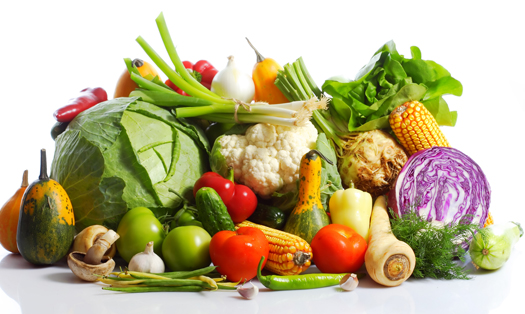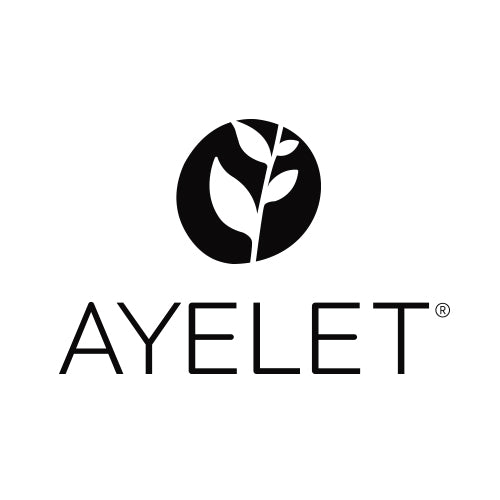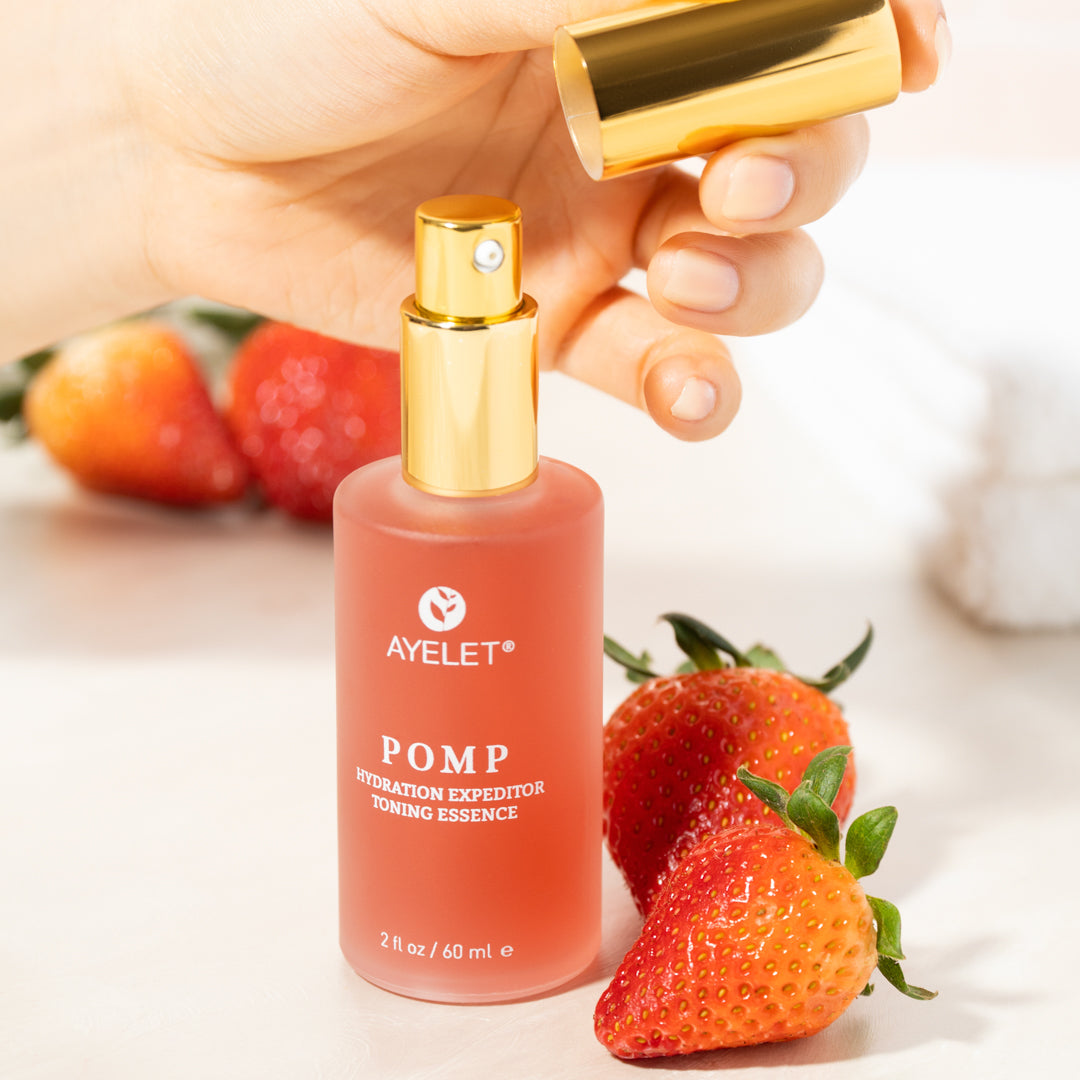Best Defense - Strong Immune System
A strong immune system is one's best defense. To enhance and fortify the body's natural defense system, a good, nutritious diet with plenty of naturally derived vitamins and minerals is a basic essential. Denaturalized foods not only do not feed the body the nutrients it needs but worse, they deplete and weaken it. Use organic foods if you can, make fresh pressed juices a regular part of your diet, use plenty of fresh vegetables and whole grains, try to ascertain that they are not gene manipulated, and try to eliminate toxins from the diet and waste matter from the body.
In the old days, people would take up a special spring cleansing diet for a few weeks each spring, which incorporated many wild herbs such as Dandelions and Nettles, while cutting out meat and animal products for a period of time.
Nature provides us with various super-foods that are not just nutritious, but positively healing and which do a great job at fortifying the immune system and killing off germs. Onions, Garlic and Chillies are the most common of these. Among wild edibles, Dandelion and Nettles rank among the top healthful spring vegetables, offering plenty of vitamins and minerals that vitalize and cleanse the body.
There are also several other foods that deserve attention:
Shitake Mushrooms:
In Japan, medicinal mushrooms such as Shitake or Reishi as well as several other species are well known and commonly used for both food and medicine. Shitake is said to stimulate the immune system, enhance vitality and lower blood pressure. It is also said to have anti-tumor properties.
Reishi mushrooms:
In China, it’s called "Elixir of immortality". Like the Shitake, it is said to help prevent heart disease, counteract hypertension and lower cholesterol levels. It is also said to boost vitality and stimulate the immune system and has both, anti-viral and anti-tumor properties.
Alfalfa Sprouts:
Alfalfa provides excellent nutritional benefits to humans: it contains all known vitamins: vitamin A, the B complex, C, D, E, K, and U. as well as biotin, calcium, iron, magnesium, phosphorus, potassium, protein, sodium, sulfur, and tryptophan, and it is a rich source of chlorophyll. Try to make your own sprouts at home. Sprouting containers can be bought at the health-food store or improvised. The important thing is that there is some drainage and that the seeds can be spread out. The sprouts are easy to add to the diet and they are tasty too: just sprinkle a handful on salads and sandwiches or add to the main meal to provide a delicious and nutritious little green crunchiness.
Wheatgerm:
Wheatgerm is nutritionally the richest part of wheat, containing high concentrations of vitamin E, an important antioxidant. Antioxidants support the body's immune system by removing harmful free radicals. It is also a rich source of folic acid (important in pregnancy), certain B vitamins (riboflavin, niacin, and pantothenic acid) and essential amino acids, in particular lysine. Wheatgerm offers one of the best overall combinations of amino acids available in any vegetable substance. It is also rich in polyunsaturated fats, in particular, linoleic fatty acid, which are vital for the body's self-repair mechanisms, e.g. when restoring membranes, hormones and cellular structures. As if that were not enough, it also boasts a number of essential minerals, among them zinc, iron, manganese, magnesium, potassium, phosphorus, copper, calcium and selenium. Wheatgerm is available from health-food stores and can easily be incorporated in the diet: just add to cereals, juices, soups or salads.
Wheatgrass:
This is basically wheat in its very early growing stages when it almost looks like grass and has a sweet taste. It is rich in beta-carotene, vitamin C, D, E, K (specific in the treatment of pneumonia), the B complex, including vitamin B12, as well as Folic Acid. It also contains important minerals such as Iron, Calcium, Phosphorus, Selenium, an antioxidant enzyme, Chlorophyll, and essential amino acids. Wheatgrass is great in juices, but can also be added to salads and sandwiches.
Caution: People with wheat allergies should avoid both, wheatgrass and wheatgerm.
There are also certain nutritional supplements that are worth mentioning. These can be included as a regular part of the diet or used specifically as supportive agents in times of crisis.
Royal Jelly:
Royal jelly is a magical substance that gives such endurance and longevity to queen bees. It is a highly nutritious substance, rich in the B vitamins, as well as A, C, D, and E vitamins, certain enzymes, hormones, and as many as 18 different amino acids. Royal Jelly is a powerful nutritional healer that can have a beneficial effect on a wide range of conditions from respiratory ailments, to liver and kidney disease, pancreatic disorders, stomach ulcers, skin disorders, nervous complaints, stress, and hormonal imbalances.
Bee Pollen
There is no other substance that compares with Bee pollen in terms of nutritional completeness. Derived from the pollen that honeybees collect as they fly from flower to flower, collecting nectar, this is the only substance that can sustain the human body with nothing added but water and fiber. It contains all the essential vitamins and minerals, proteins, fats and oils, amino acids, as well as over 5,000 enzymes and coenzymes, hormones, high concentrations of the nucleic acids RNA and DNA, and several antibiotic substances. Bee pollen comes as a sweet grainy substance, which can easily be added to juices, yogurts or cereal and makes an excellent fortifying addition to the diet. It is also probably one of the best survival foods.
Nutritional Yeast:
Nutritional yeast, which comes as a dry, flaky substance available from health-food stores, is an excellent source of protein. It contains 16 amino acids and provides fully 45-52% protein by weight. It is also an extremely rich source of B vitamins, essential for the nervous system, and of chromium. It also contains a host of other minerals, such as potassium, calcium, manganese, and copper as well as 10 other minerals and trace minerals. Nutritional yeast improves the skin and aids the nervous functions. It is particularly valuable at times of high stress, especially mental stress and aids concentration. It also improves immune response and enhances vitality. Nutritional yeast not only is a most healthful supplement to add to the diet but also has a pleasant flavor and is great in soups and sprinkled on salads.
Spirulina:
Spirulina is an ancient group of organisms, known blue green algae, which grow and are even cultivated on certain lakes. The amazing thing about these simple organisms is their exceedingly rich nutritional value. Spirulina provides high concentrations of amino acids and carontenoids, which are vitally important to the immune system, it is thought that Spirulina has good potential as therapeutic food for certain cancers and as nutritional support during radiation therapy. It is also thought to act beneficially on the liver and kidney, possibly acting as a protective agent against certain liver toxins.
Chlorella:
Chlorella is also an algae, though it belongs to the group of green algae, it is also a rich source of protein and essential amino acids as well as nucleic acids, which supplement human RNA and DNA and help in tissue growth and repair. It is also a rich source of carotenoids and B vitamins. A special nutrient is known as 'Chlorella Growth Factor' stimulates the proliferation of certain beneficial bacteria such as the Lactobacillus Acidophilus, which plays an important part in the digestive processes helping the body to break down and absorb the food. People who have been on courses of antibiotics would do well to include Chlorella in their diet in order to offset the antibiotic's negative effects on the micro-bacterial balance of the body. More information about the benefits of Chlorella is available here.
Prevention is the best medicine!



